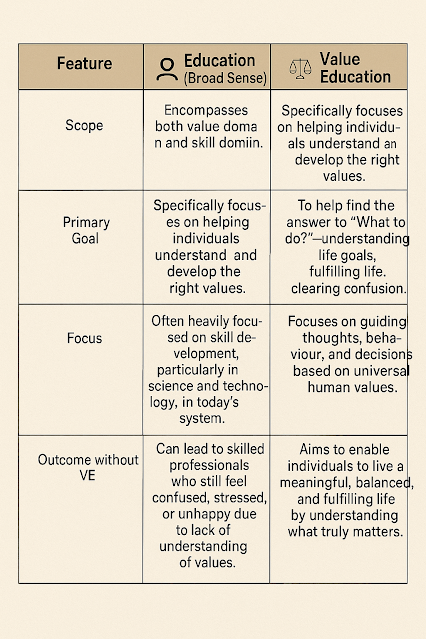Prepositions are small but powerful words that help us understand the relationship between other words in a sentence. They show connections related to time, place, direction, and more. Let’s break them down:
1. Simple Prepositions
These are single words that directly show relationships.
Examples: in, on, at, by, for, from, with, over, under, to, of, about
2. Compound Prepositions
Formed by adding a prefix (like a- or be-) to a word, often written as one.
Examples: across, along, among, around, before, behind, beneath, beside, between, beyond, inside, outside, within
3. Phrasal/Complex Prepositions
Two or more words working together as one preposition.
Examples: according to, because of, in front of, due to, instead of, in addition to, on behalf of
4. Prepositions of Time
Show when something happens.
Examples: at (specific time), on (days), in (months/years), before, after, during, since, until
5. Prepositions of Place
Show where something is.
Examples: at (specific point), on (surface), in (space), above, below, beside, between, near, under
6. Prepositions of Direction
Show movement towards a location.
Examples: to, into, onto, towards, through, across, along, around, from
Learning Prepostion through Story:
















